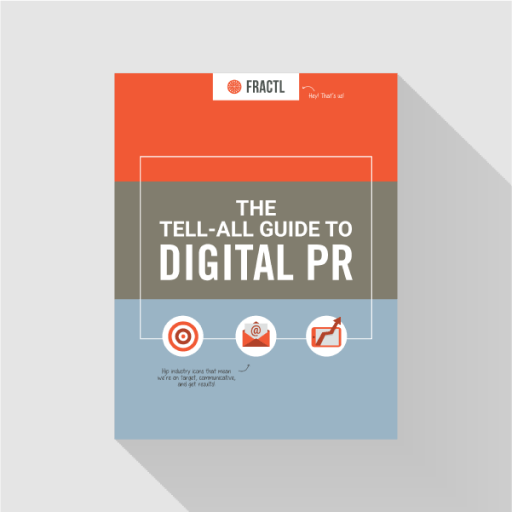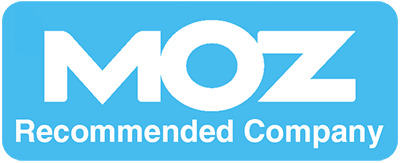In 2020, “unprecedented,” “uncertain,” and “challenging” were the buzzwords of the year, and for good reason. The marketing industry wasn’t immune to the effects of the COVID-19 pandemic and its dramatically negative impact on the economy.
Digital marketing is still here, but we’ve all had to adapt, just like everyone else. When the challenges and priorities of our customers and clients changed, we had to change too.
And that changing continues, so it’s hard to know what exactly 2021 will bring.
That’s why, to get a better idea of what’s to come, we decided to turn to the data. We teamed up with Semrush to examine global search traffic data and global organic traffic data from 2019 and 2020.
Why? To explore which marketing tactics people have been searching for and gain more insight into which services and strategies will be most desired in 2021.
Here’s what we found.
PPC Stays Steady, While SEO and Digital PR Are on the Rise
To learn which tactics brands are focusing on in 2020 and beyond, we lumped groups of related keywords into categories and analyzed search traffic from there. For example, the category of Digital PR consisted of “digital PR,” “earned media,” “media relations,” and “public relations.”
Every tactic we looked at saw an increase in search traffic when comparing January 2019 to October 2020. What happened during the in-between months, though, was a mixed bag. We speculate that COVID-19 impacted search volumes for these tactics in the beginning of the year. When things started to “settle down” (relatively) in the latter part of summer, search volume spiked for several of these marketing tactics.
Organic Traffic for Digital Marketing Agencies Started out Strong in 2020
We used B2B rating website Clutch to determine the top 166 agencies across nine categories of service offerings: digital PR, content marketing, PPC, email marketing, social media marketing, SEO, influencer marketing, full-service, and branding.
From there, we combined the organic traffic across these 166 agencies and averaged them based on their service offering.
Looking at the past two years as a whole, among others, SEO agencies and digital PR agencies saw an increase in traffic at the end of Q3 2020, compared to Q1 2019.
This is good news for content marketers, as it indicates brands are starting to pay attention to the impact that our strategies can have on a business’s bottom line.
“Brand Authority” And “Improve SEO” Both Saw Significant Increases in Traffic in 2020
Finally, we looked at the marketing outcomes that brands hope to achieve when they implement various digital marketing tactics. While terms related to the outcome of building backlinks saw a spike and then a drop, interest in terms like “Brand Authority” and “Improve SEO” both increased over the past 15 months.
Methodology and Fair Use Statement
In a combined effort, Fractl and Semrush examined global search traffic data and global organic traffic data from 2019 and 2020 for this study.
We analyzed the available organic traffic information of the Top 20 Clutch agencies across nine categories:
- Digital PR agency
- Content marketing agency
- PPC agency
- Email marketing agency
- Social media marketing agency
- SEO agency
- Influencer marketing agency
- Full-service agency
- Branding agency
We analyzed organic search traffic for the following keywords:
- Brand awareness
- Brand authority
- Get more organic traffic (drive traffic)
- Build backlinks
- Improve SEO (boost SEO)
- Digital PR (earned media, media relations, public relations)
- Content marketing (content creation)
- PPC (paid search, pay per click, paid ads)
- Email marketing (newsletter marketing)
- Social media marketing
- Paid social
- SEO (search engine optimization, link building)
- Influencer marketing
For desired marketing outcomes, we compiled dozens of related keywords to the outcomes such as:
- building brand awareness strategy
- backlink building strategies
- how to improve seo on google
- build authority website
- how to get more organic traffic on website
Semrush estimates search volume using their proprietary algorithm based on processing of anonymized clickstream data provided by third party data providers. More precisely, Semrush built the model that allows us to estimate search volumes and trends based on real user activity in search engines. Their partners provide data from more than 300 million browser extensions worldwide. Semrush uses this data to calculate search volumes on global, national, and even local levels. Additionally, they have trusted business agreements with some of our customers who provide them anonymized data from real advertising campaigns, so that they can integrate that data to calibrate their algorithm model by basing it on real metrics to get the most accurate estimates.








